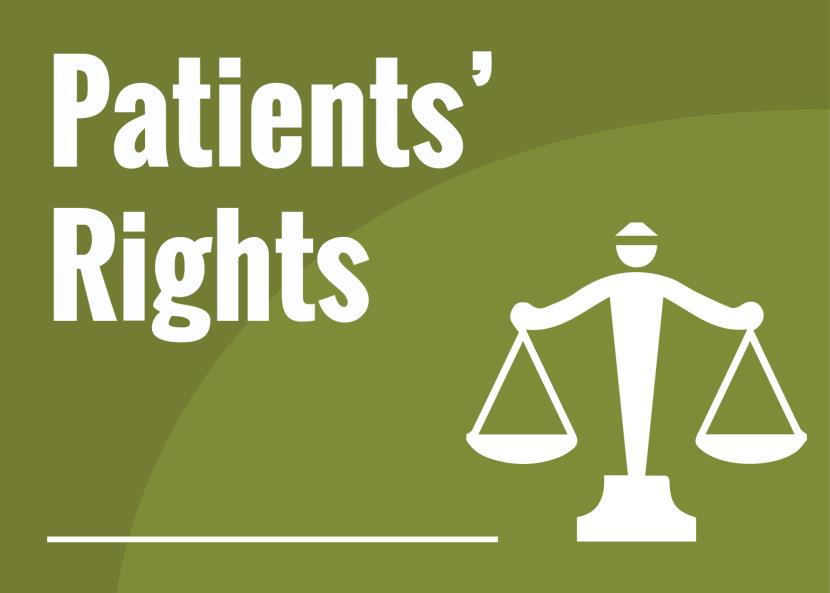NEW DELHI, June 23:
The Union Health Secretary has urged all states to adopt recommendations of the National Council for Clinical Establishments on patients’ rights which ensures that patients have the right to second opinion, adequate information about their illness and informed consent.
Under it, hospitals cannot deny the release of a patient’s body for any reason.
A patient and her representatives have a right to adequate information about the nature, cause of illness, proposed investigations and care, expected results of treatment, possible complications and expected costs, stated the National Council for Clinical Establishments, an apex statutory body comprising representatives of all stakeholders.
The national council’s recommendations are based on draft charter on patients’ rights prepared by the National Human Rights Commission (NHRC).
The NHRC had submitted the charter to the Health Ministry, which it had put out in the public domain in September, 2018, inviting suggestions and comments from the public and stakeholders.
Union Health Secretary Preeti Sundan said that they had received several complaints of malpractices by clinical establishments across the country following which the draft charter was discussed in the 11th Meeting of National Council for Clinical Establishments.
The national council has recommended a set of “dos” and “don’ts” for patients and clinical establishments, alike, so that the fundamental grievances and concerns of patients are addressed while ensuring smooth and cordial environment in the clinical establishments, Sudan said in her letter.
“I request you to kindly adopt this Chapter of Patients’ Rights in your state and UT so that the basic and common grievances of patients and clinical establishments are addressed,” she said.
The recommendations stated that patients or their family members have the right to access originals or copies of case papers, patient records, investigation reports and a detailed bill besides, information and rates charged for each type of service provided and facilities available.
It also states that informed consent should be taken prior to specific test or treatment.
They also have the right to seek second opinion and in such a case the hospital management has a duty to respect the patient’s right to second opinion, and should provide to her caregivers all necessary records and information required for seeking such opinion without any extra cost or delay.
All patients have a right to privacy, and doctors have a duty to hold information about their health condition and treatment plan in strict confidentiality.
“It may be specified in the charter that no discrimination in treatment based upon his or her illness or conditions, including HIV status or other health condition, religion ethnicity, gender, age sexual orientation among others.
“To have ensured presence of a female person, during physical examination of a female patient by a male practitioner,” the recommendations state.
It also listed out a series on patients responsibilities which include cooperating with doctors during examination and treatment, paying hospitals on agreed fees on time, respecting the dignity of doctors and other hospital staff and never resorting to violence.
In her letter to the chief secretaries of all states, Sudan also urged them to ensure implementation of the Clinical Establishment (Registration and Regulation) Act, 2010 under which all hospitals can be regulated.
She said the Government has been receiving a large number of complaints and references alleging malpractices by clinical establishments such as billing of arbitrary and exorbitant charges, gross deficiency in services provided to patients, not following standard protocols, lack of transparency in diagnosis, forcing patients to avail diagnostic services and purchase of medicines and implants from select vendors etc.
This draft charter was discussed in the 11th Meeting of National Council for Clinical Establishments, an apex statutory body consisting of representatives of all major stakeholders.
So far 11 states and six UTs have adopted this legislation and the Central Government has been persuading the remaining states to adopt it. (PTI)
Trending Now
E-Paper


